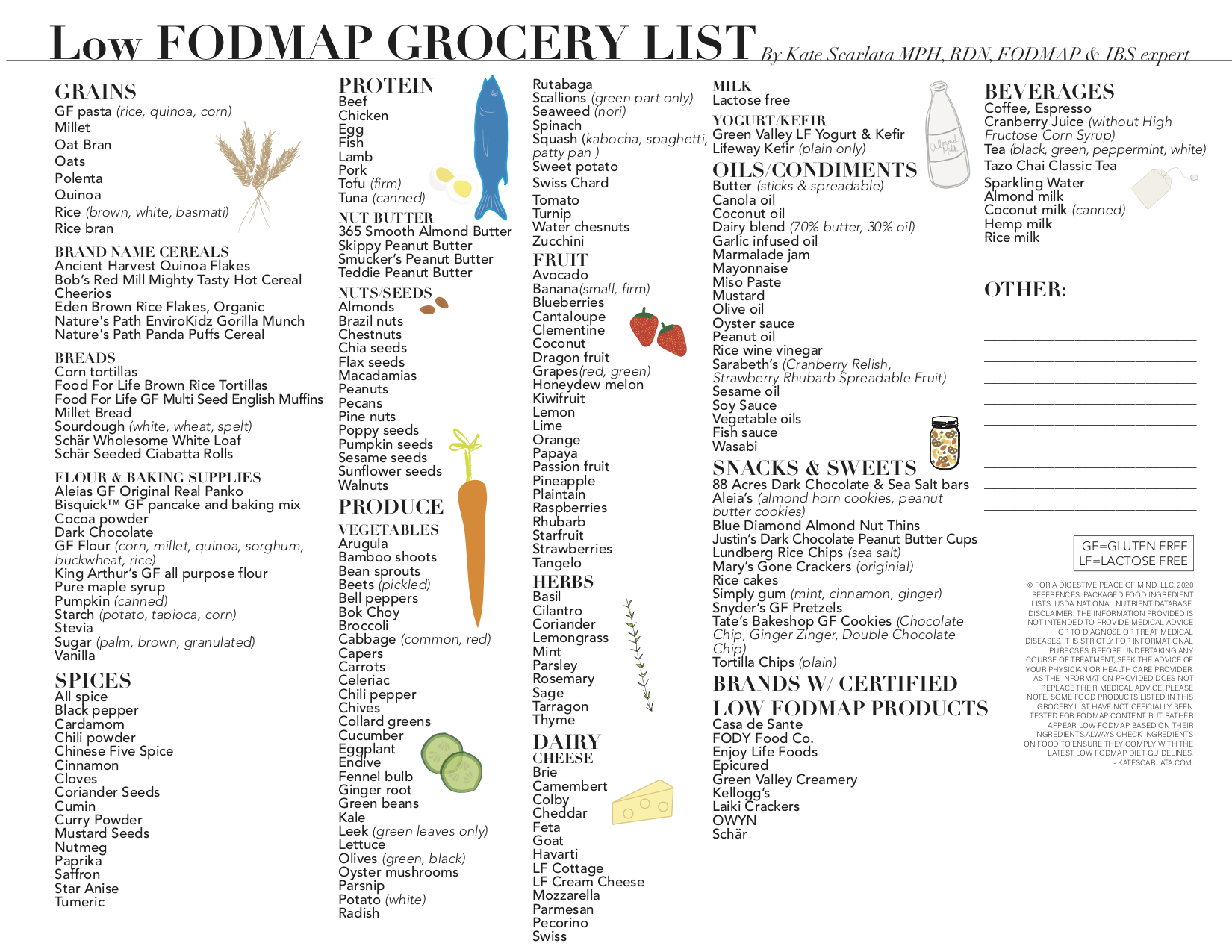What’s the difference between bloating and abdominal distention?
Bloating and abdominal distention are common symptoms in irritable bowel syndrome (IBS) and other GI disorders. The terms bloating and abdominal distention are often used interchangeably but their meanings differ. Bloating is the subjective feeling of increased pressure in the abdomen while abdominal distention refers to an actual increase in abdominal size. Distention and bloating often occur at the same time, but not always. If you’re experiencing bloating, you are not alone. In my clinical practice, bloating was the most common complaint in those with IBS. Bloating is reported in up to 96% of people living with IBS compared to about 20% of the general population.
When bloating is normal and when it is not.
The underlying cause of bloating and abdominal distention can be variable, therefore, treatments to address these symptoms will vary too. It’s important to note that slight bloating without pain, after eating a large meal, or one with a higher fat content, or a FODMAP or fiber rich meal rich is normal. Abdominal bloating and distention can occur in a number of different conditions, including chronic constipation, small intestinal bacterial overgrowth (SIBO), gastroparesis (delay in stomach emptying), impaired stomach accommodation to food, gut motility disorders such as IBS or and even in life threatening conditions such as ovarian cancer. It is important to share these symptoms with your doctor and not self-diagnose. For those of you in the back row, let me say this again, always discuss your symptoms or change in symptoms with your doctor!
Is it upper or lower GI bloating?
Symptoms of bloating can occur in the upper gastrointestinal (GI) tract, such as in the stomach or the beginning of the small intestine (duodenum) or in the lower GI tract, in the latter part of the small intestine (jejunum or ileum) or the colon.
In the stomach, bloating may be caused by slow stomach emptying (called gastroparesis), swallowing excess air (aerophagia) or a condition called functional dyspepsia. Functional dyspepsia is a condition that causes an upset stomach, pain or discomfort in the upper belly, near the ribs along with symptoms of post meal heaviness, feeling full quickly upon eating, and/or the sensation of burning.
Bloating that originates in the intestines may be caused by a rise in intestinal gas, a result of our gut microbes feeding on undigested foods resulting in copious amounts of gas, or perhaps a consequence of constipation or incomplete emptying, whereby gas can get trapped. SIBO, a condition where abnormal amounts of microbes overgrow in the small intestines can lead to significant bloating, as well. Another condition that may result in abdominal distention and bloating, is called, abdomino-phrenic dyssynergia (APD). Wow, that is a mouthful! APD describes the failure of the abdominal wall muscle to contract and the diaphragm to relax after eating a meal.
Can You Treat Bloating?
Treatments for bloating and abdominal distention depend on the underlying cause of the bloating and distention but range from medications, pelvic floor physical therapy and to diet change. There are also behavior changes that you’d probably never even considered! For example, some people bloat because they actually swallow extra air. To minimize that, avoid using a straw, chewing gum and sucking on hard candies. (Sugar free gum and hard candies also contain FODMAP carbohydrates. More on that below!) Lastly, minimizing your consumption of carbonated beverages such as soda and beer, may also be helpful.
Foods that Will Help You Beat Bloat
For individuals with IBS that present with bloating and abdominal pain, the low FODMAP diet has shown to be an effective treatment. Up to 86% report symptom reduction! Check out this low FODMAP grocery sheet for a list of low FODMAP foods!

Can Supplements Help?
Enteric coated peppermint oil has also been shown to reduce abdominal pain, commonly associated with bloating but may contribute to acid reflux. Smooth muscle relaxants and antispasmodic medications such as dicyclomine or hyoscyamine can also be used to help with bloating too. Alpha-d-galactosidase, an over the counter digestive enzyme supplement, has been used to help in the digestion carbohydrates that contain the FODMAP, galacto-oligosaccharides (GOS). GOS is found in beans, cashews and pistachio nuts, and like other FODMAPs, can often cause bloating.
Pro tip! There are many Internet sites selling supplements for bloating and abdominal distention, without any science to support their use. Be careful and select reputable sources to gather information about bloating and distention, such as the International Foundation for Gastrointestinal Disorders (IFFGD) and The American College of Gastroenterology.
- Longstreth GF, Thompson WG, Chey WD, Houghton LA, Mearin F, Spiller RC. Functional bowel disorders. Gastroenterology. 2006;130(5):1480-1491.
- Foley A, Burgell R, Barrett JS, Gibson PR. Management Strategies for Abdominal Bloating and Distension. Gastroenterol Hepatol (N Y). 2014;10(9):561–571. Free access to PDF of this paper here.


